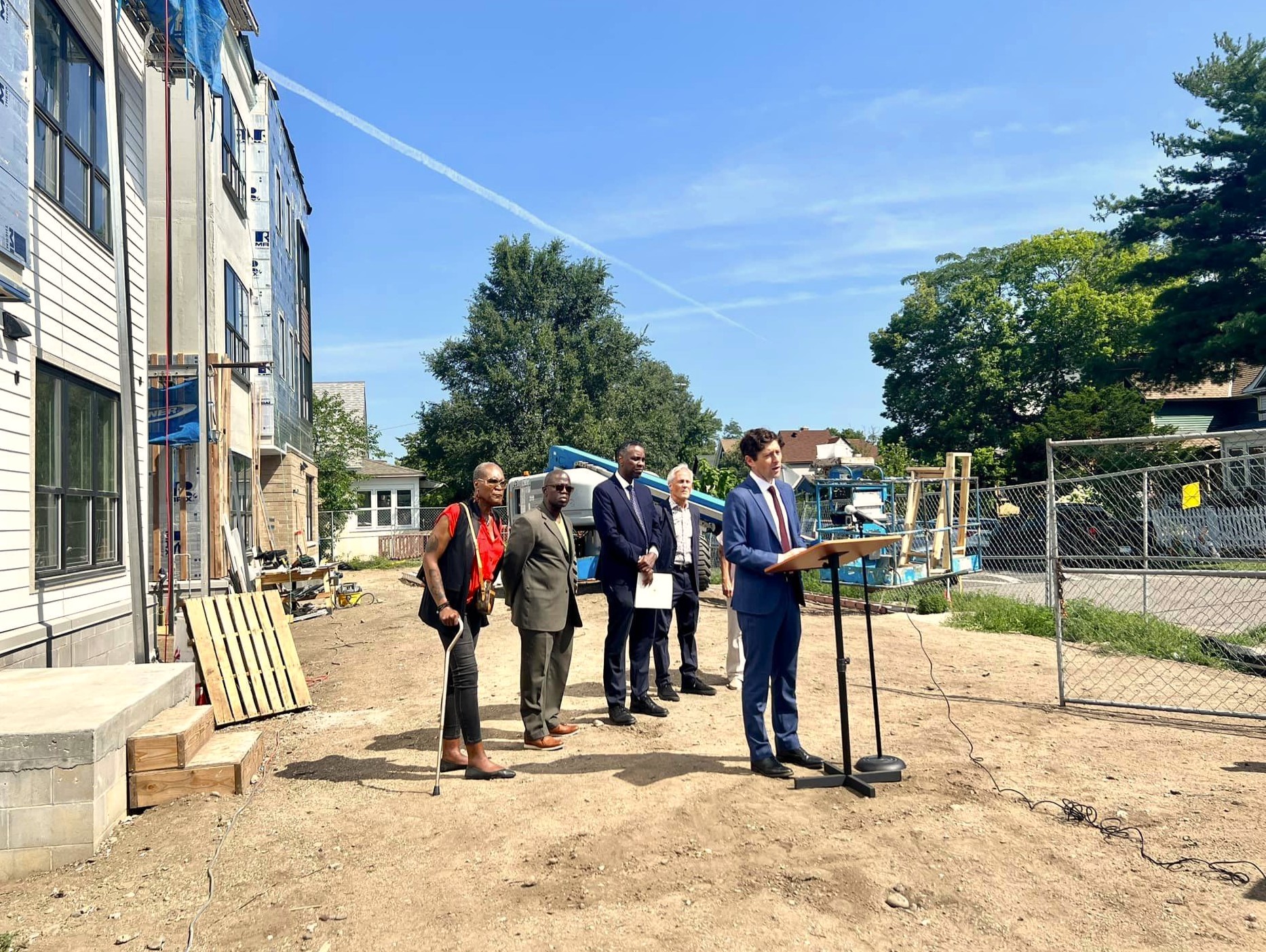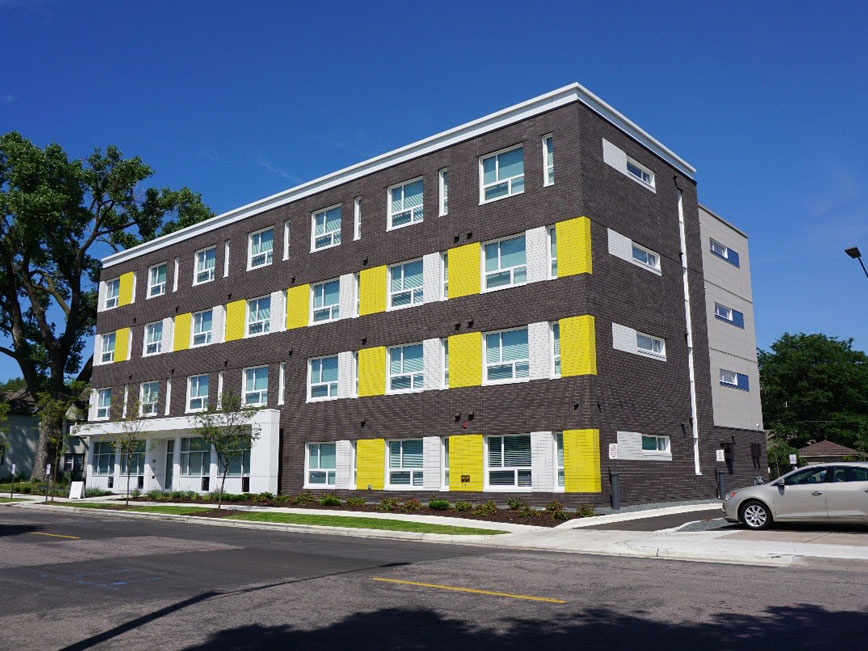Affordable housing
Naturally Occurring Affordable Housing (NOAH)
Naturally Occurring Affordable Housing (NOAH) properties generally refer to unsubsidized multifamily rental housing projects that have at least 20% of the units with rents affordable to households with incomes at or below 60% of the Area Median Income (AMI). Minneapolis has approximately 30,000 in buildings of 4 or more units, and fewer than 15,000 of these units have rents affordable to households with incomes at or below 60% AMI. Preservation of NOAH properties have become a critical issue given the growing overall shortage of affordable housing.
With vacancy rates at about 2.7%, NOAH properties have become progressively attractive to speculators intent on maximizing cash flow through increasingly higher rents. Once a NOAH property is up-scaled or torn down, it's lost forever. By investing in preserving these properties, often in partnership with non-profit preservation buyers, we can secure affordability for the long term.
Mayor Frey partnered with the City Council to launch the City’s successful 4d Program, which preserves affordable homes in Minneapolis by helping apartment building owners obtain property tax reductions if they commit to keep 20% or more of their rental units affordable. Through the program, the City has helped preserve hundreds of affordable units throughout the city for Minneapolis renters and families.
Renter supports
Minnesota State Law establishes legal processes for tenants to enforce their legal rights to live in safe and healthy housing, including Rent Escrow Actions and Tenant Remedies Actions. Unfortunately, many low-income tenants believe they must live with the poor conditions in their apartments and homes because they are unaware of their rights and how to enforce them, fear retaliation from their landlord or involvement in the legal system, or lack the time and resources to make their case.
For these tenants, having a skilled attorney advise and assist them throughout the process has demonstrated success in improving tenant outcomes in court and improvements in housing conditions. That’s what motivated Mayor Frey to launch the More Representation Minneapolis initiative, which pairs pro bono attorneys with tenants facing eviction, leveling the playing field that too often favors the landlord.
The mayor has also supported city funding increases for nonprofit partners focused on legal services for Minneapolis renters.
Access to affordable homeownership
Minneapolis currently owns approximately 450 vacant building properties. These are incredible assets, and can be utilized to reinvest within our communities where a foreclosure crisis and a history of disinvestment have hit the hardest. In addition to the properties, financial wellness, down payment assistance, and rehabilitation loans support the goals of creating intergenerational wealth through real property ownership.
The 2019 budget includes over $4 million in funding for the Minneapolis Homes program, providing financial assistance to create homeownership housing opportunities, facilitate development of city-owned properties, and provide long term affordability of ownership housing.
Emergency support
Mayor Frey has also taken action to bolster affordable housing work amid the COIVD-19 pandemic and accompanying economic downturn. At the onset of the crisis, he quickly allocated $3.5 million in emergency funding to establish a “gap fund” package for Minneapolis renters and families.
Learn more about the mayor’s COVID-19 response and economic relief from the city.
Contact us
Office hours
8 a.m. – 4:30 p.m.
Monday – Friday
Mailing address
City Hall350 S. Fifth St., Room 331Minneapolis, MN 55415
Temporary office location
250 S. Fourth St., Room 510Minneapolis, MN 55415



